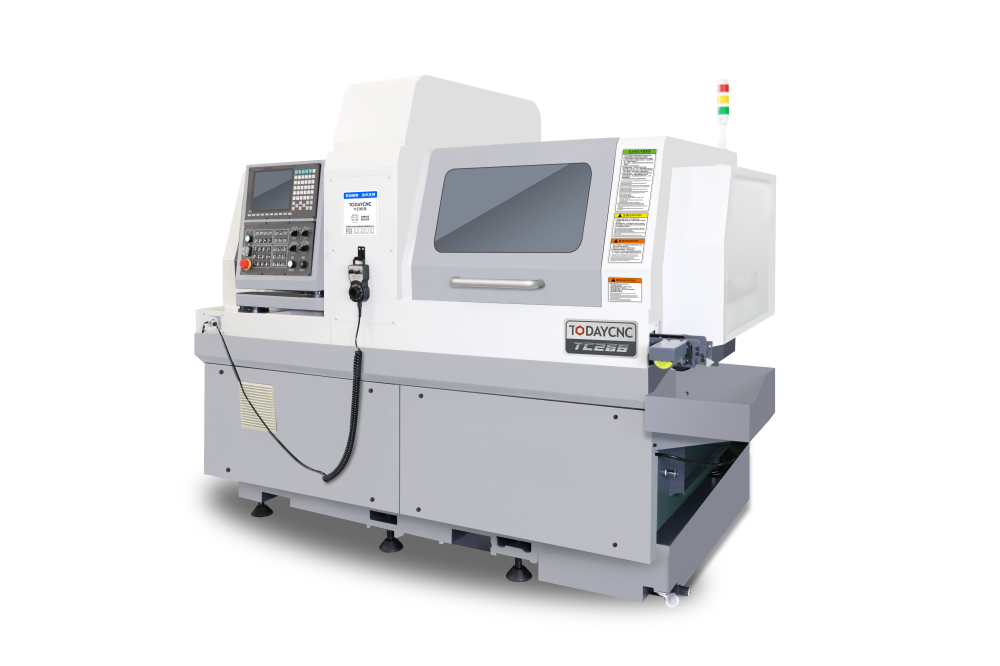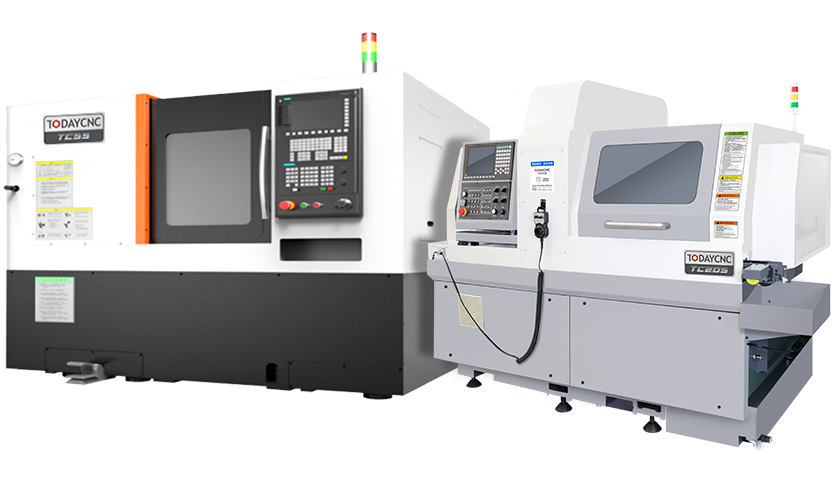Unlocking Precision: The Role of Durable CNC Automatic Lathes in Manufacturing
1. Introduction to CNC Automatic Lathes
In the fast-paced world of manufacturing, the demand for precision and efficiency has never been greater. CNC automatic lathes have emerged as essential tools, enabling manufacturers to produce complex components with exceptional accuracy. These machines are not only durable but also equipped with advanced technology that streamlines the machining process, thereby unlocking new levels of productivity. In this article, we will delve into the role of CNC automatic lathes, exploring their technology, benefits, applications, and future trends.
2. Understanding CNC Technology
CNC, or Computer Numerical Control, is a revolutionary technology that automates the control of machine tools. This technology is pivotal in bringing precision to the manufacturing sector.
2.1 What is CNC Technology?
CNC technology refers to the use of computer systems to control machine tools, lathes, routers, and other machinery. By translating design specifications into machine movements, CNC technology minimizes human error, resulting in high-quality outputs.
2.2 How Do CNC Lathes Work?
CNC lathes operate by spinning the workpiece while a cutting tool remains stationary or moves along predefined paths. This combination allows for intricate shapes, such as cylindrical components, to be crafted with precision. The CNC system takes inputs from a CAD (Computer-Aided Design) file, converting them into numerical codes that dictate the machine's movements.
3. Benefits of CNC Automatic Lathes in Manufacturing
The integration of CNC automatic lathes into manufacturing processes offers a plethora of advantages that enhance productivity and quality.
3.1 Precision and Accuracy
CNC automatic lathes deliver unparalleled precision, enabling manufacturers to create components that meet strict tolerances. This accuracy is crucial in industries where even the slightest discrepancy can lead to significant issues.
3.2 Increased Efficiency
By automating the machining process, CNC lathes drastically reduce cycle times. This efficiency translates into higher production rates, allowing manufacturers to meet growing demand without compromising quality.
3.3 Cost Effectiveness
While the initial investment in CNC technology may be substantial, the long-term savings are significant. Reduced labor costs, lower material wastage, and decreased production times contribute to overall cost-effectiveness.
4. Applications of CNC Automatic Lathes
CNC automatic lathes are versatile machines that find applications across numerous industries, each benefiting from their precision and efficiency.
4.1 Automotive Industry
In the automotive sector, CNC lathes are utilized to manufacture engine components, transmission parts, and various fittings. The precision offered by these machines ensures that parts fit seamlessly, enhancing vehicle performance and safety.
4.2 Aerospace Industry
The aerospace industry demands exceptionally high standards for component accuracy. CNC lathes are crucial in creating parts that must withstand extreme conditions, ensuring safety and reliability in flight.
4.3 Medical Device Manufacturing
In medical device manufacturing, precision is paramount. CNC automatic lathes are employed to create surgical instruments, implants, and other devices that must meet stringent regulatory requirements.
5. The Future of CNC Technology
As technology continues to advance, CNC automatic lathes are evolving. The incorporation of AI and IoT (Internet of Things) into CNC systems is paving the way for smarter manufacturing processes. Future CNC machines will likely offer enhanced automation capabilities, predictive maintenance features, and improved user interfaces, making them even more indispensable in modern manufacturing.
6. Choosing the Right CNC Automatic Lathe
Selecting the appropriate CNC automatic lathe involves considering various factors to ensure it meets your manufacturing needs.
6.1 Key Features to Consider
When choosing a CNC lathe, key features such as spindle speed, bed length, and tool capacity should be taken into account. Additionally, consider the software compatibility, as advanced software can significantly enhance operational efficiency.
6.2 Budget and Investment
Budget constraints are an essential factor in the decision-making process. While high-quality CNC lathes may require a more considerable upfront investment, the return on investment through increased productivity and reduced wastage makes them worthwhile in the long run.
CNC automatic lathes are instrumental in transforming the landscape of modern manufacturing. Their ability to provide precision, efficiency, and cost-effectiveness makes them essential tools for various industries. As technology continues to evolve, the role of CNC lathes in manufacturing will only become more significant, paving the way for innovations that enhance productivity and quality. Investing in robust CNC automatic lathes is not just a business decision; it is a commitment to excellence and a step towards a more efficient manufacturing future.
Related Blog














